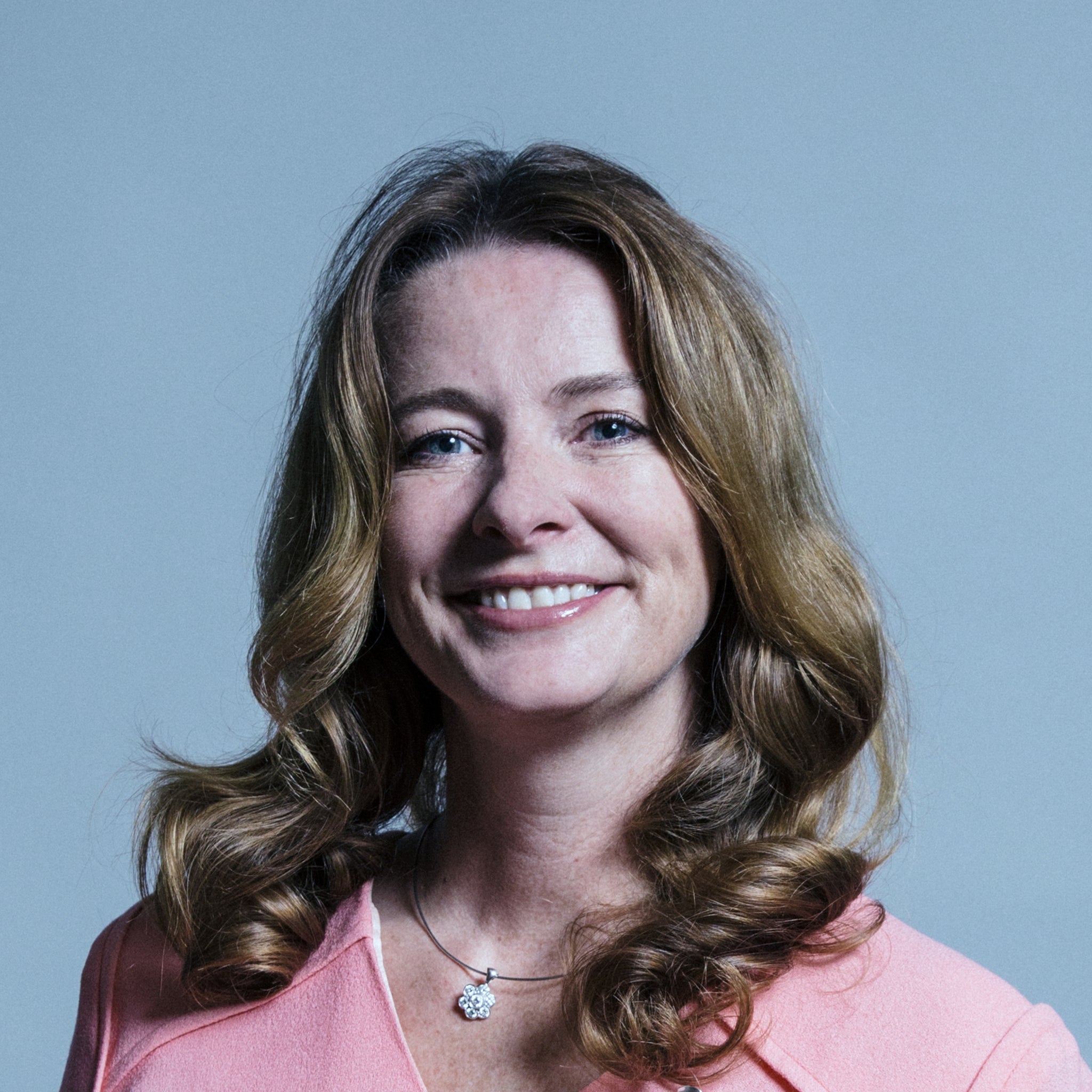Apology for care home staff after mandatory jabs U-turn ‘not right thing to do’
Care minister Gillian Keegan said the Government “did the right thing for the right reason” to protect vulnerable residents.

Apologising to care home staff following the Government’s U-turn on mandatory vaccination “doesn’t feel like the right thing to do”, the care minister has said.
Gillian Keegan said the decision to mandate two doses of vaccine from November last year was “very difficult”, but that the Government “did the right thing for the right reason” to protect vulnerable residents.
On Tuesday, the Government confirmed that regulations making vaccination mandatory as a condition of deployment in health and social care in England will be revoked on March 15, after a consultation saw the vast majority of people support the move.
Care groups have called for the Government to apologise to the workers who lost their jobs and to providers who spent significant time and effort implementing the now-defunct policy.
Ms Keegan told the PA news agency: “The reality is we did the right thing for the right reason to protect a very vulnerable group of people, and I think what’s happened since then, of course, is changed because we have Omicron, which is a much less severe variant.
“And then when we looked at the data with the way that the virus has developed, then we come up with a different set of recommendations based on that change actually, from the risks of Delta to the risks of Omicron.”
Ms Keegan said the decision was taken “purely to protect the most vulnerable”, adding: “That is it, that’s the only reason we did it. Apologising for that doesn’t feel like the right thing to do.”
The Conservative MP was speaking at the LaingBuisson’s Innovation in Care conference in Birmingham on Wednesday.
In her keynote speech, she told delegates that the timing of lessons being learned from the pandemic, advances in technology, demographic pressures on councils, and the Government “grasping the nettle” means “there’s never been an opportunity like this to reform social care”.
She defended the Government’s decision to push ahead with the health and social care levy in April, which will add pressure on people’s bank balances as the cost of living spirals.
The 1.25 percentage point rise in national insurance is predicted by the Treasury to raise £12 billion per year to help tackle the Covid-induced NHS backlog and reform social care in the long term.
Ms Keegan told PA there is never an easy time to raise taxes, adding: “There’s always pressure.
“But I think the question I would reverse is, say: ‘How can we not fix our social care model?
“‘How can we not give better support in the community, to people with learning disabilities or working age adults to live their fullest lives, how can we not support people to have a healthy old age and a supported old age all the way through that journey?
“‘How can we not do that?'”
She was also asked about whether the Government is looking at ensuring family members and friends of care home residents do not have to pay for lateral flow tests so they can continue to safely visit.
The rapid result tests have been free for the public during the pandemic but this is due to end from April.
Charities have said it would be unfair for families to have to pay for tests to visit their loved ones, and it has been branded a “tax on caring”.
Ms Keegan said scientists and clinical experts are currently looking at what measures need to remain and what can change as the country adapts to living with Covid, and will be advising her on this.
The Government has said it will set out who will continue to be entitled to free testing in March.
Bookmark popover
Removed from bookmarks